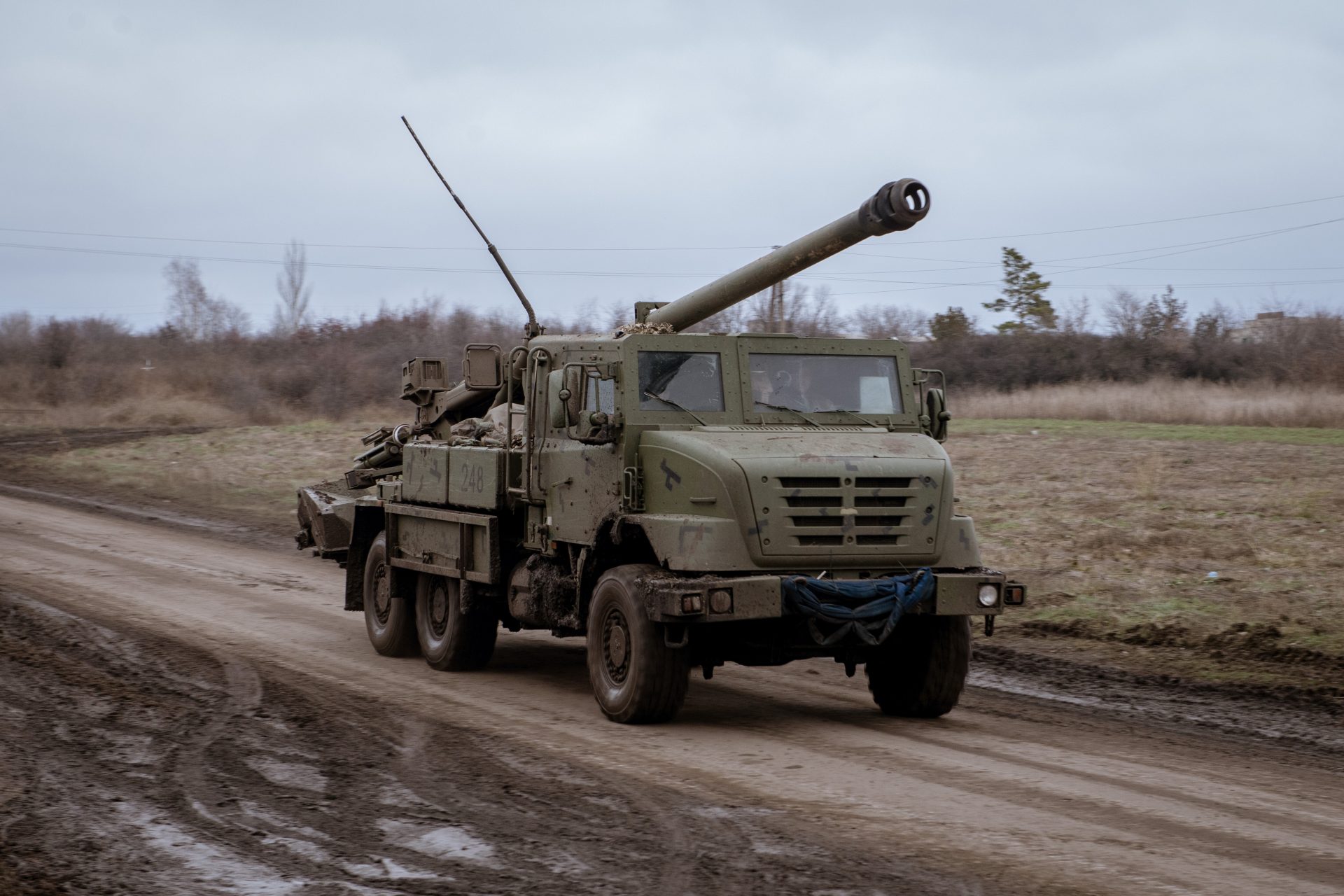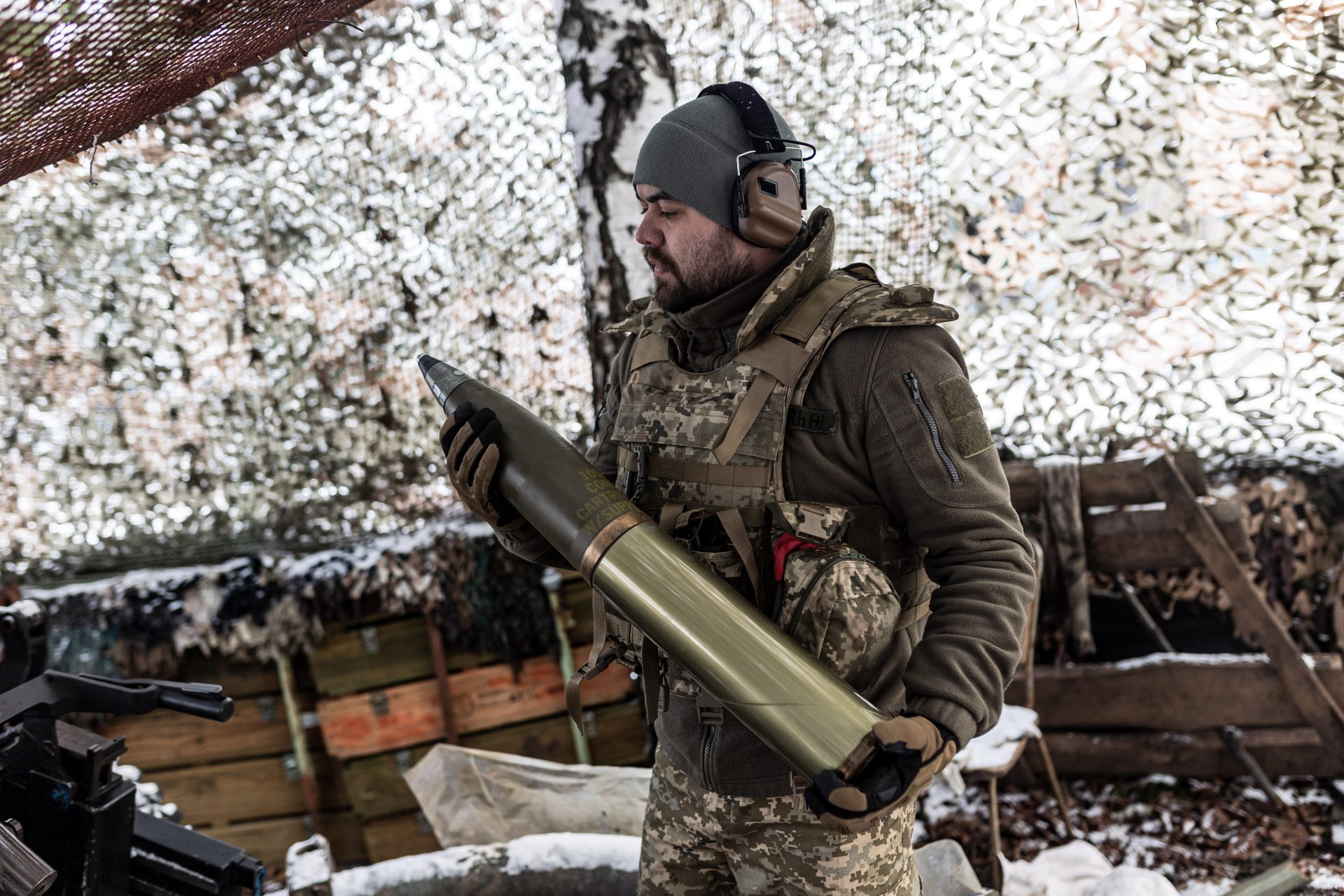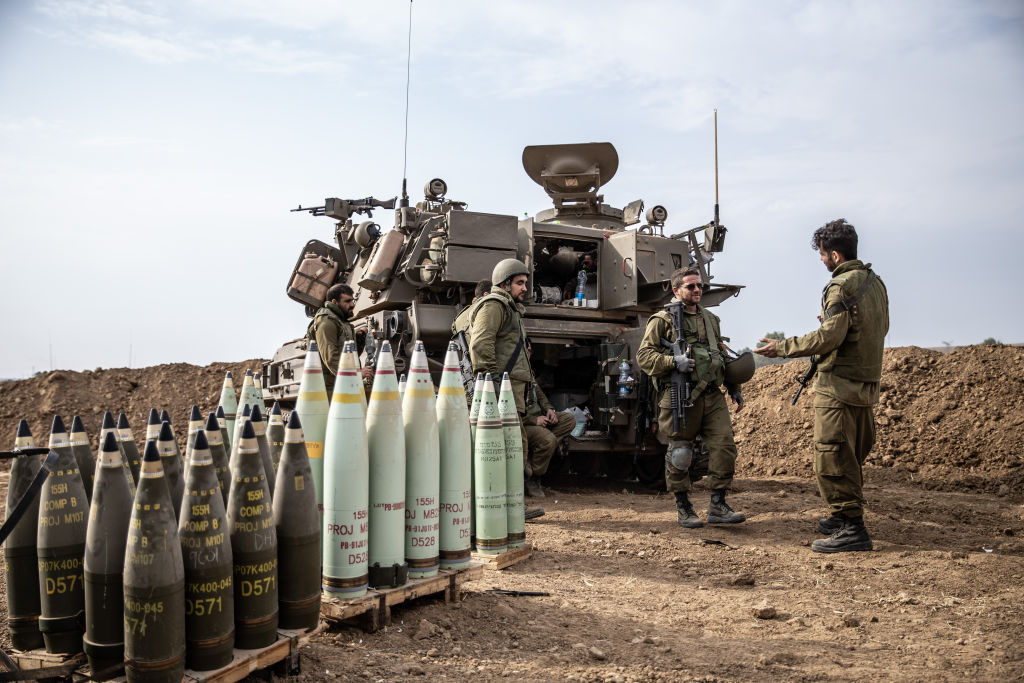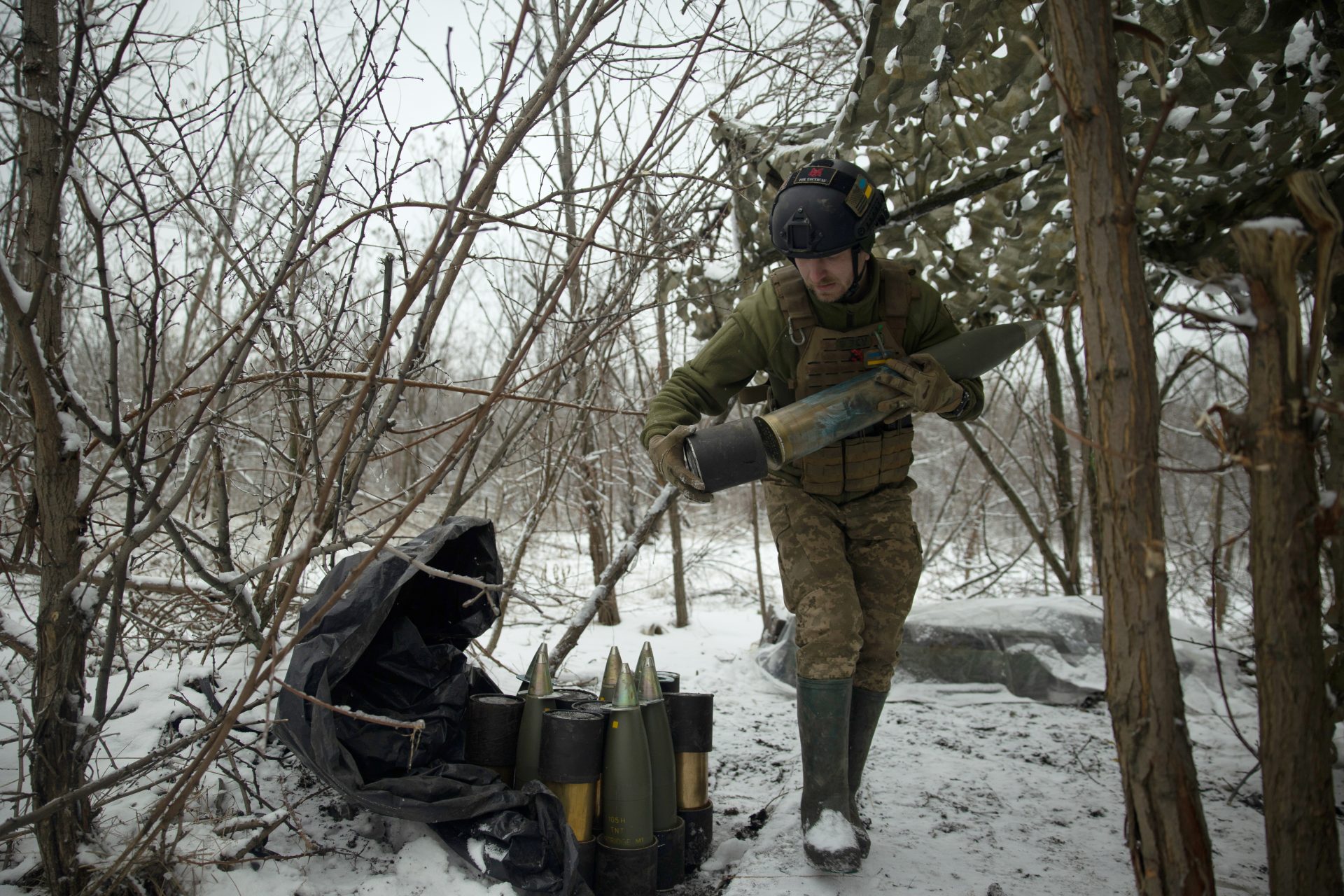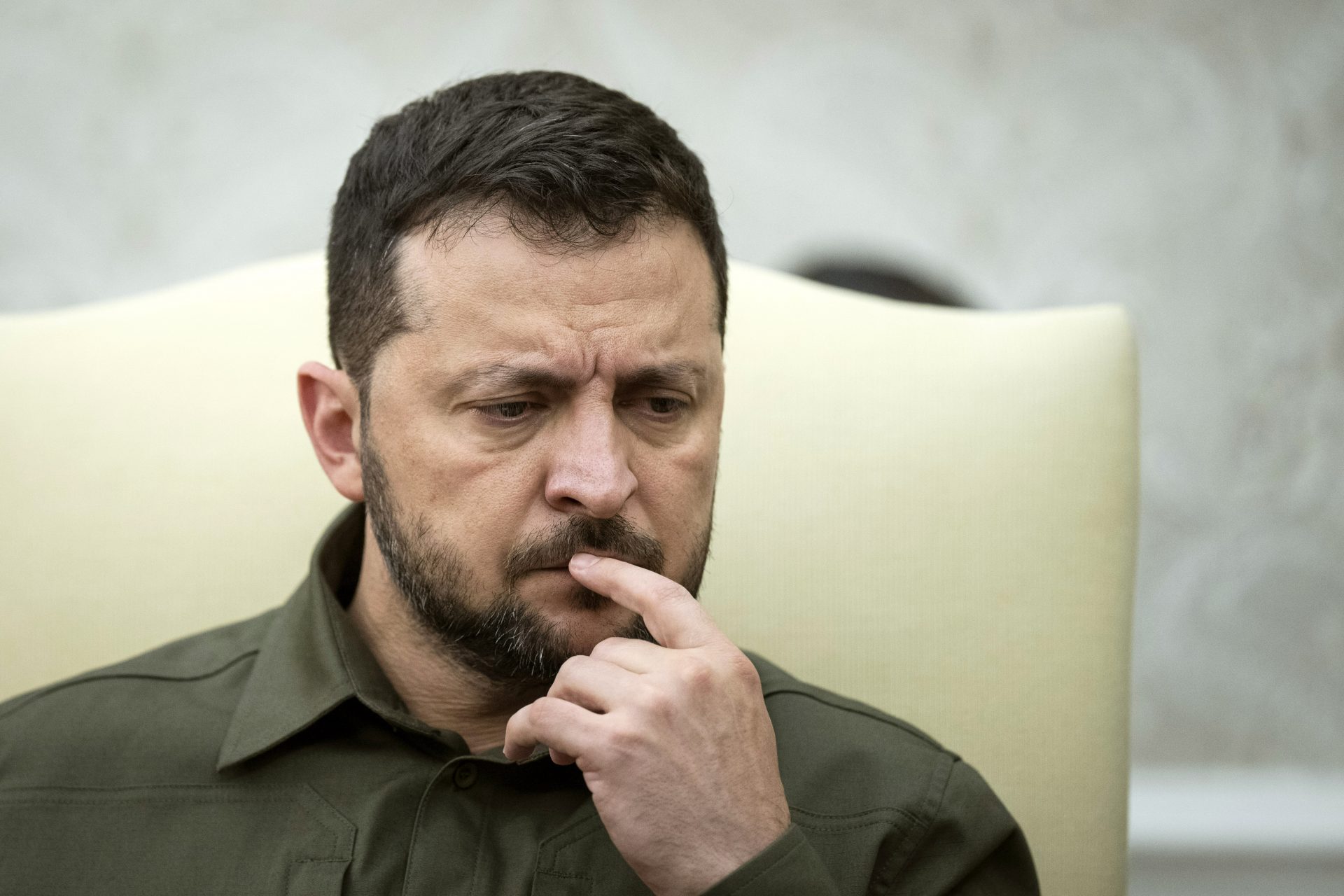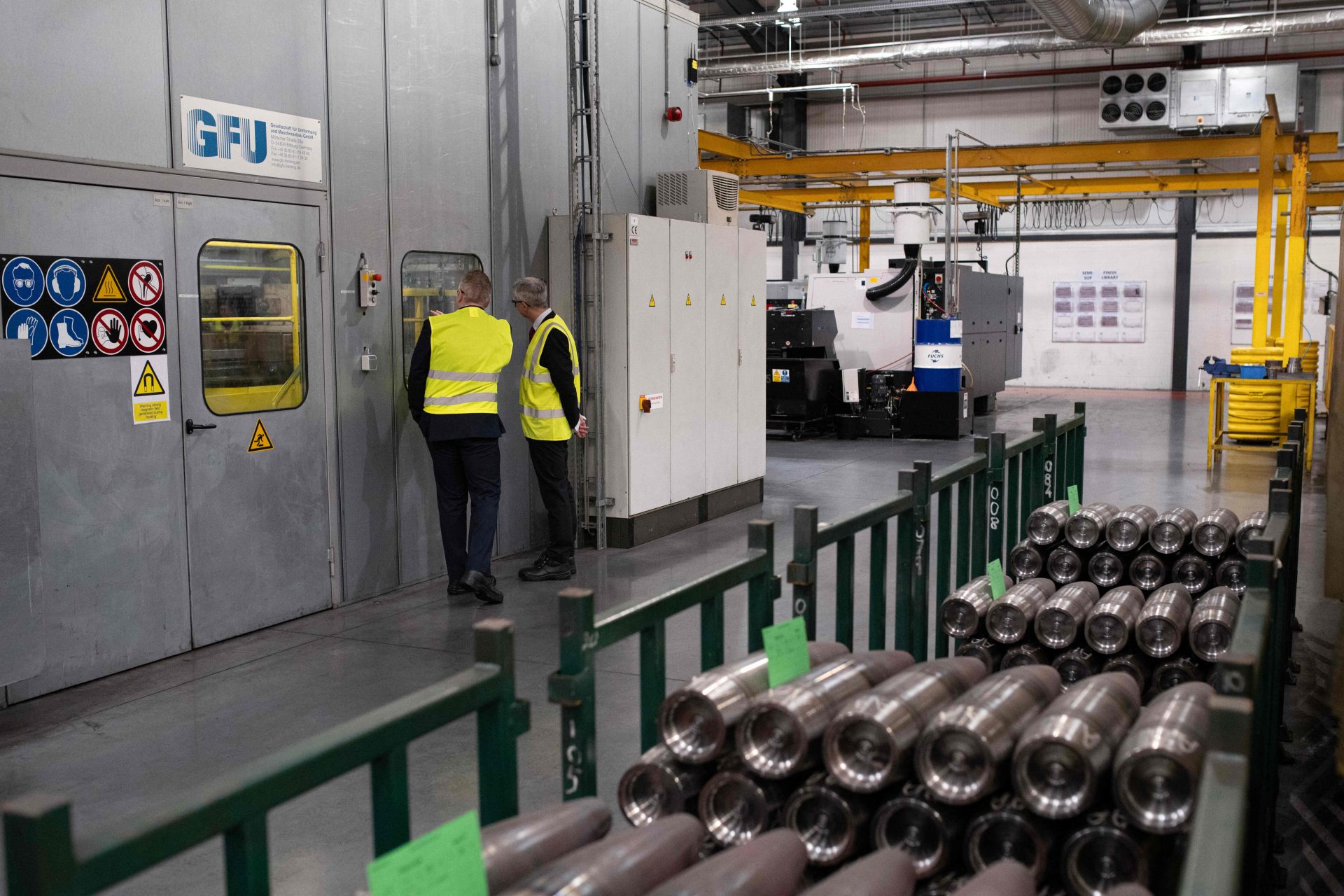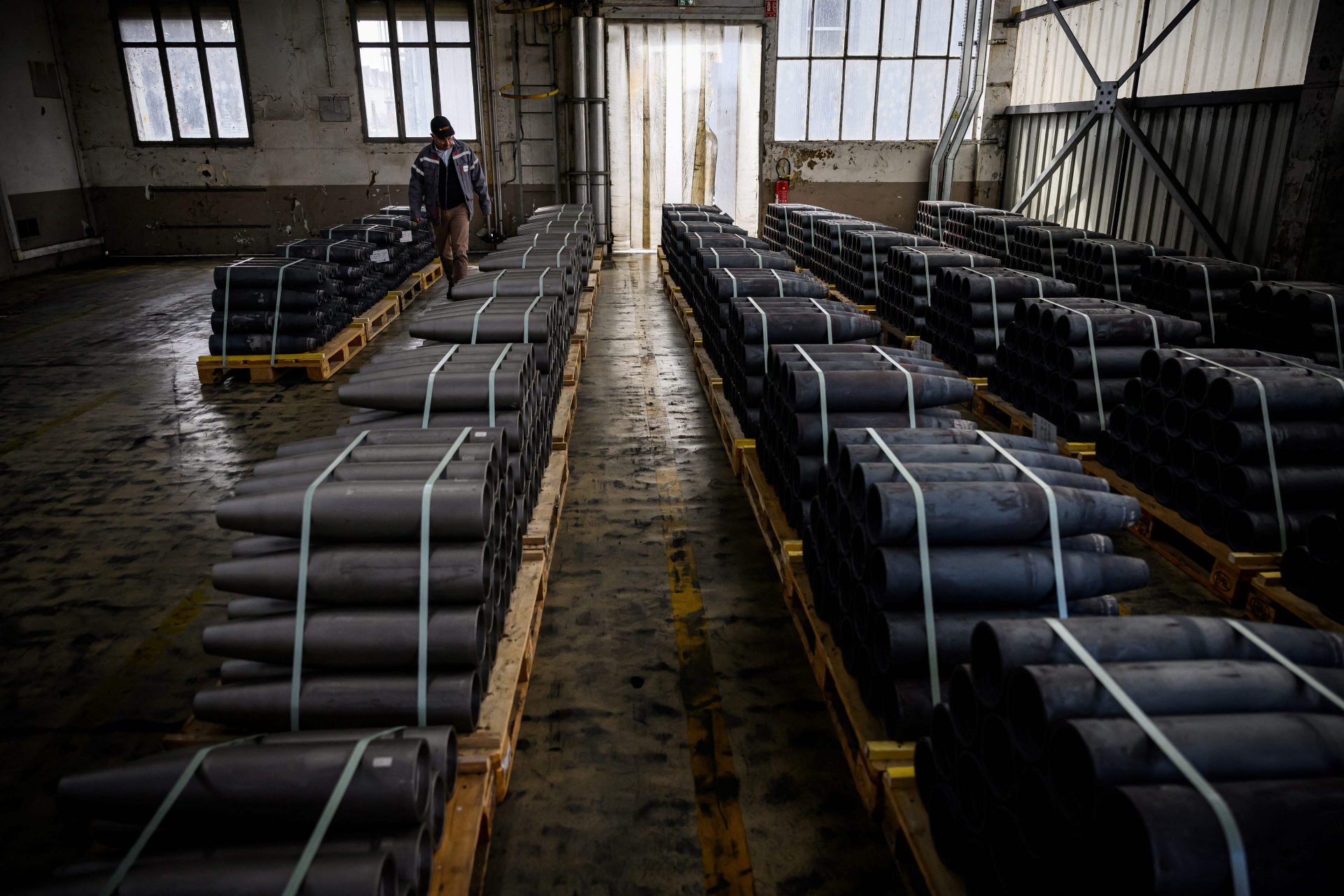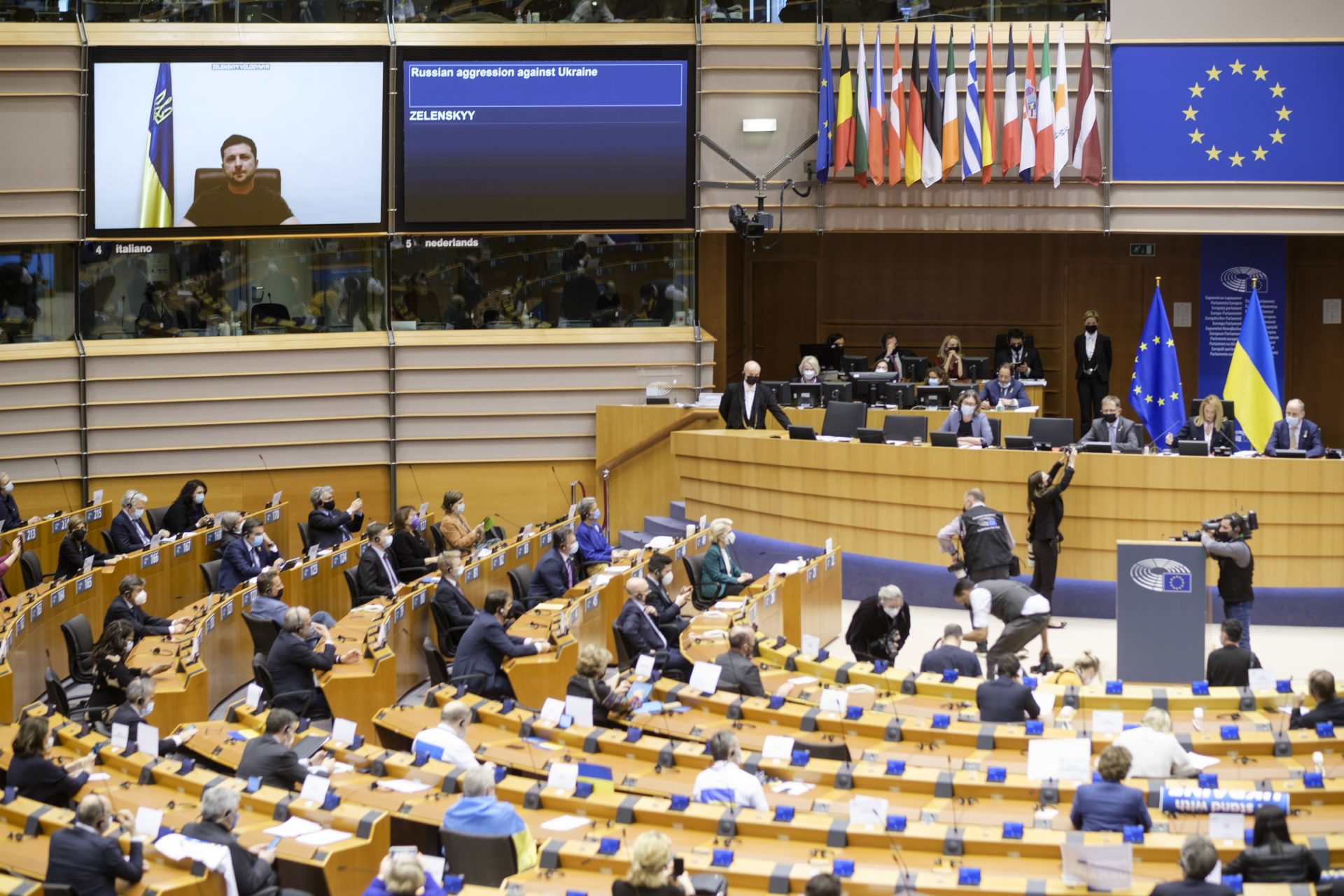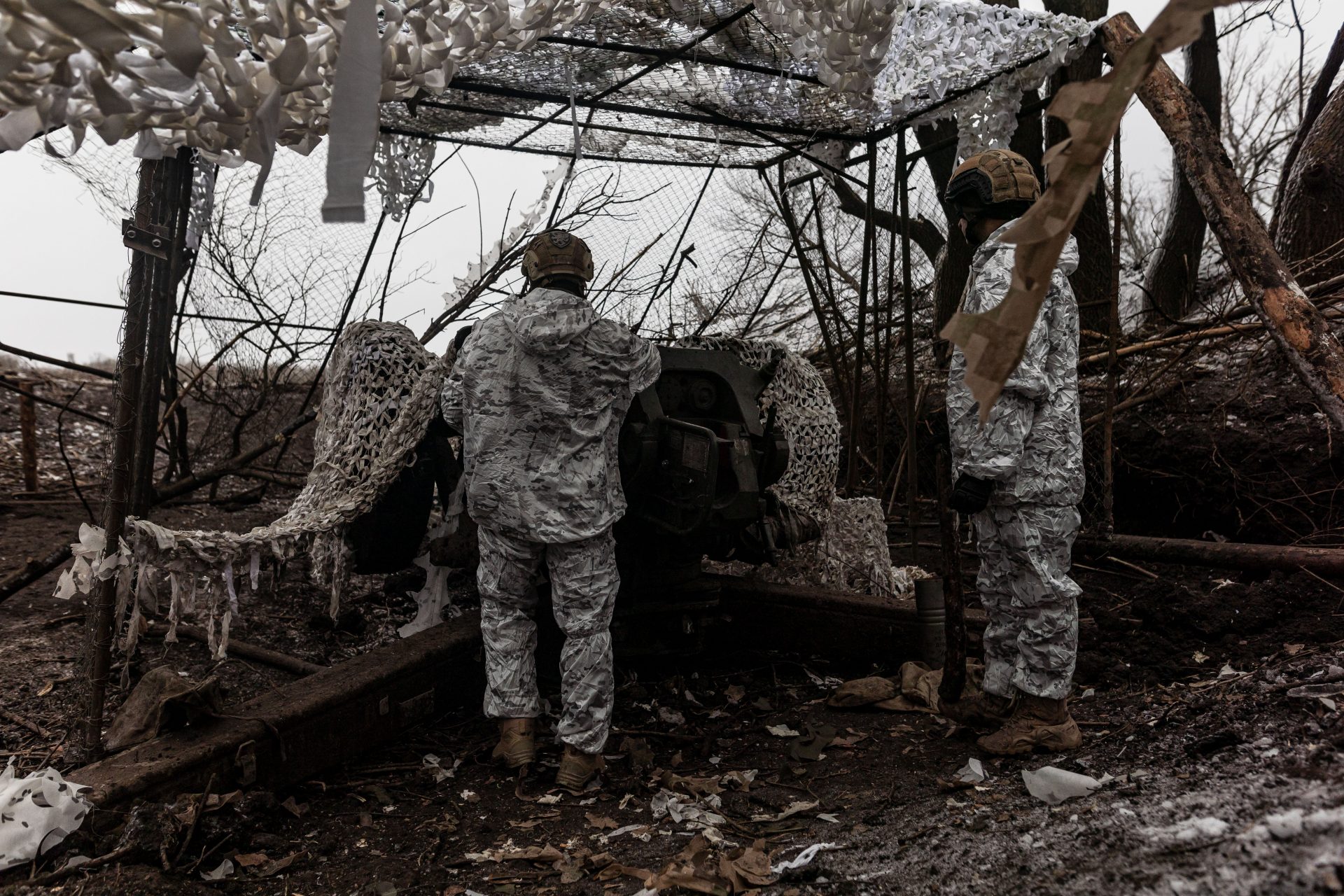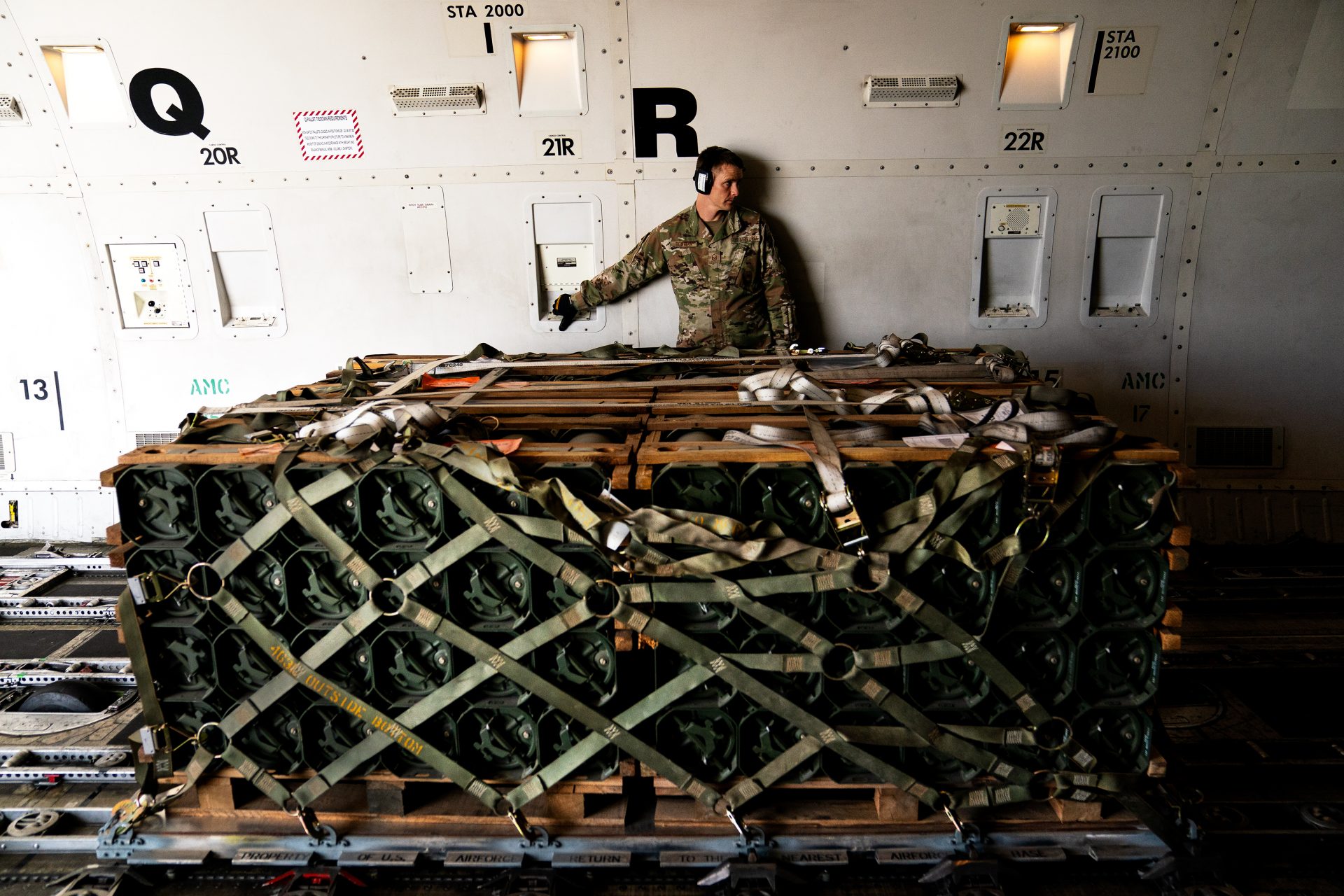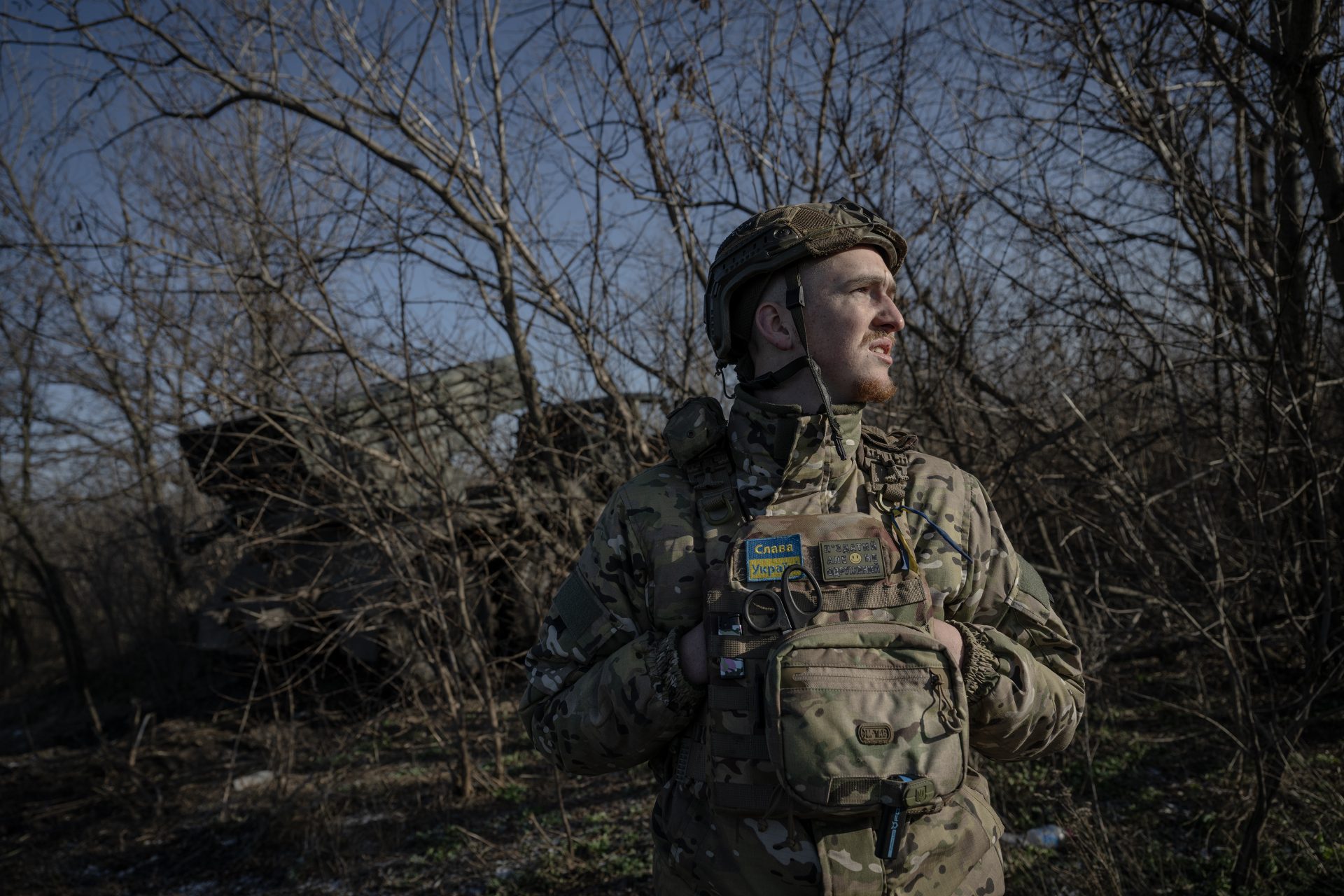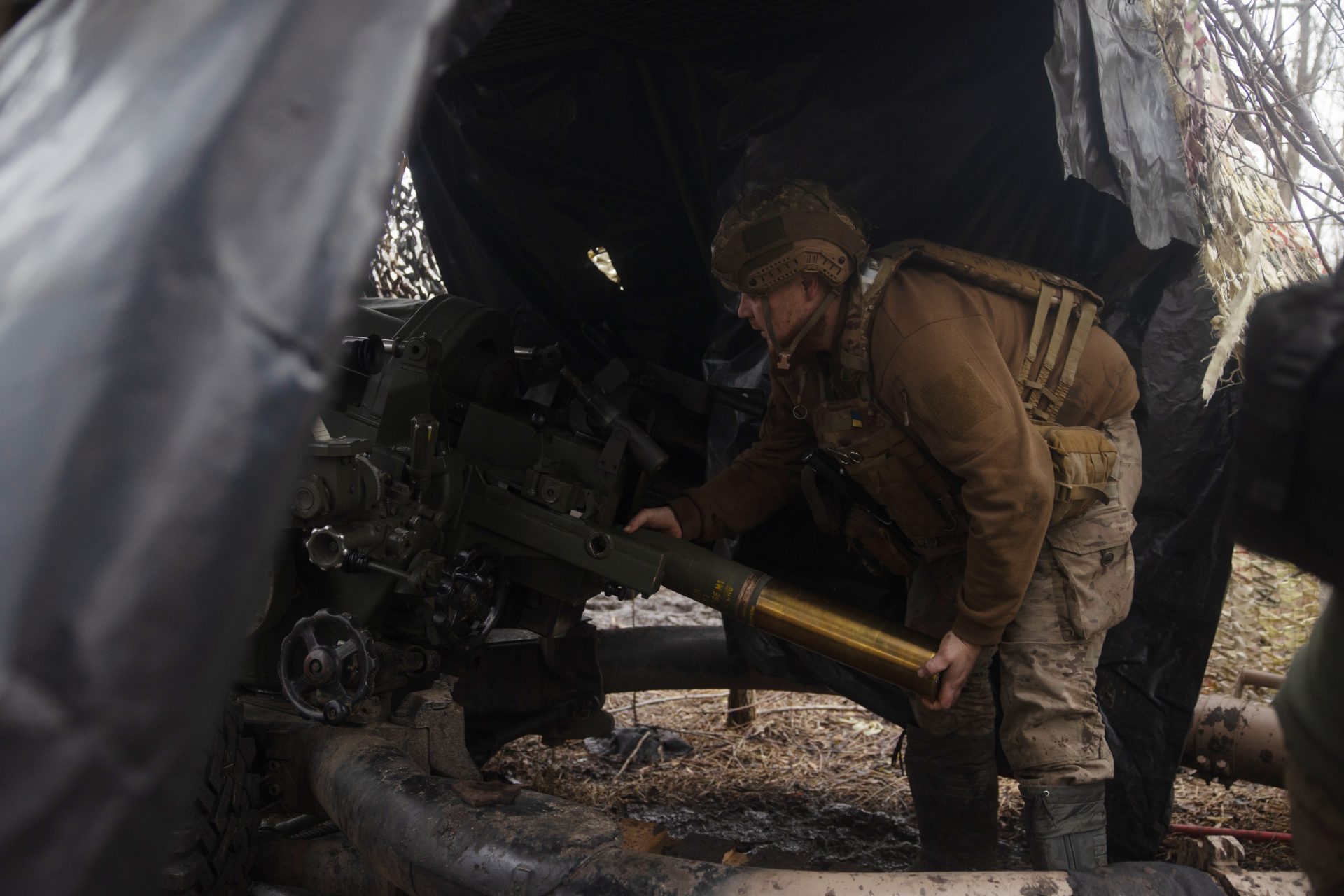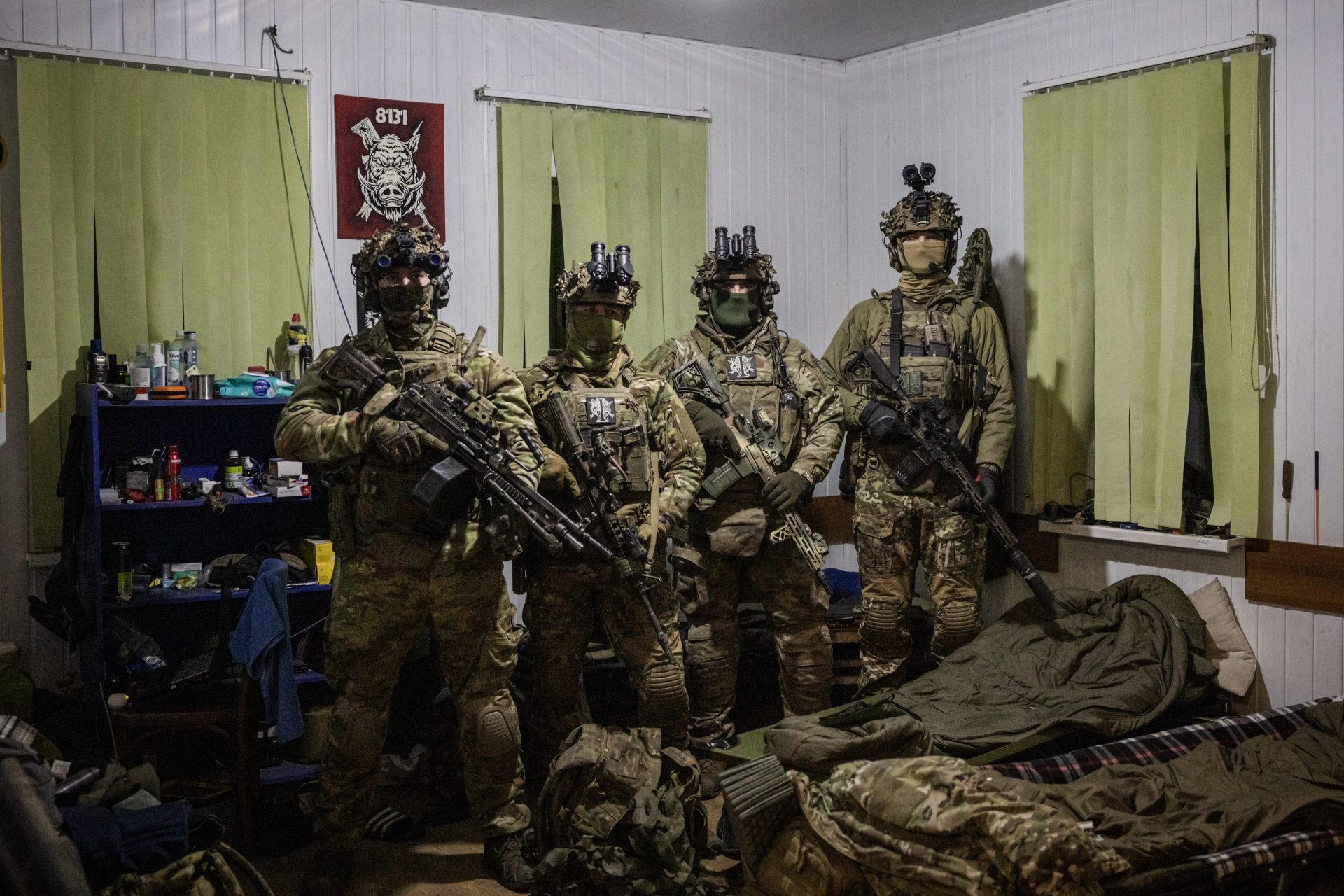Ukraine has a really big artillery ammunition problem
It's been nearly two years since Vladimir Putin ordered the full-scale invasion of Ukraine and it's only now that the country could be facing its worst problem since Russian troops began pouring over the border: Ukraine is running low on artillery shells.
There are a number of reasons why Ukraine is beginning to run short of its most critical resource in the war, the last of which has to do with American partisan party politics and a different major conflict drawing ammunition supplies away from Kyiv.
The United States still hasn’t reached a deal on President Joe Biden’s prospective $60 billion in new aid for Ukraine. Current aid money is set to run out before the end of the year according to the Director of the Office of Budget and Management.
Moreover, the war unfolding in the Middle East redirected at least some of the American 155mm artillery shell stocks that were meant for Ukraine according to an October report from Axios that cited three Israeli defense officials close to the situation.
Ukrainian President Volodymyr Zelensky addressed the country’s supply problems during a press conference in his office in mid-November, noting that deliveries of artillery shells from Kyiv’s allies had slowed down in the wake of the fighting in the Middle East.
“Our supplies have decreased,” Zelensky explained to journalists according to a report from Bloomberg News. “It is life — and it is normal, as everyone is fighting for survival and we should defend ourselves as well.”
However, Ukraine’s lack of supplies from the U.S. will eventually be compounded by a problem that’s been developing with Zelensky’s European allies—they can’t make the artillery shells commitments they made to Ukraine in 2023.
A plan approved by the European Union in March sought to deliver one million artillery shells to Ukraine within a one-year time period. But in mid-November, officials revealed that the European Union was unlikely to meet its target.
Bloomberg News reported in October that the European Union had only delivered about 30% of the artillery shells it promised to Ukraine and a report from the Kyiv Independent noted that Europe has had major issues in ramping up its production.
An investigation from the news organization found that efforts to increase artillery shell production were mired by bureaucracy and protectionism that prevented the economic block from “rapid decision-making to tackle ammunition shortages.”
All of these issues are being made worse by the production efforts of Russia and the very real battlefield realities of the war. The Kyiv Independent noted that Ukraine uses three to ten times fewer shells than Russia. But Moscow may be flush with ammo.
In September, a New York Times report revealed that Russia’s defense production and manufacturing were thriving, especially when it came to artillery shells. Western officials think Moscow is on track to manufacture two million shells a year.
If Western estimations prove true, Russia would be producing double what the West’s intelligence services though Moscow would be able to manufacture before the conflict kicked off, which is bad news for the Ukrainian Armed Forces.
One Estonian defense official told New York Times journalists that Russia was making as many as seven times the number of shells that Ukraine's Western allies have been producing for Kyiv. But there is a silver lining to the situation.
Russia has fired as many as 10 to 11 million artillery shells since it invaded Ukraine according to one Western official quoted by Reuters, so the Kremlin can’t replace what it used quickly and its efforts to crush Ukraine with artillery will eventually catch up to its supply realities.
Unfortunately, Russia’s problems won’t help Ukrainians currently fighting both Russia and the country’s dwindling artillery stockpiles. The situation has already begun to have an effect on battlefield choices according to a recent report.
On December 8th, the Times of London revealed that one of Ukraine's best equipped units, the 47th Brigade, hasn’t been able to hammer Russian convoys in the same way as it could when Ukraine was flush with Western artillery shells.
More for you
Top Stories



